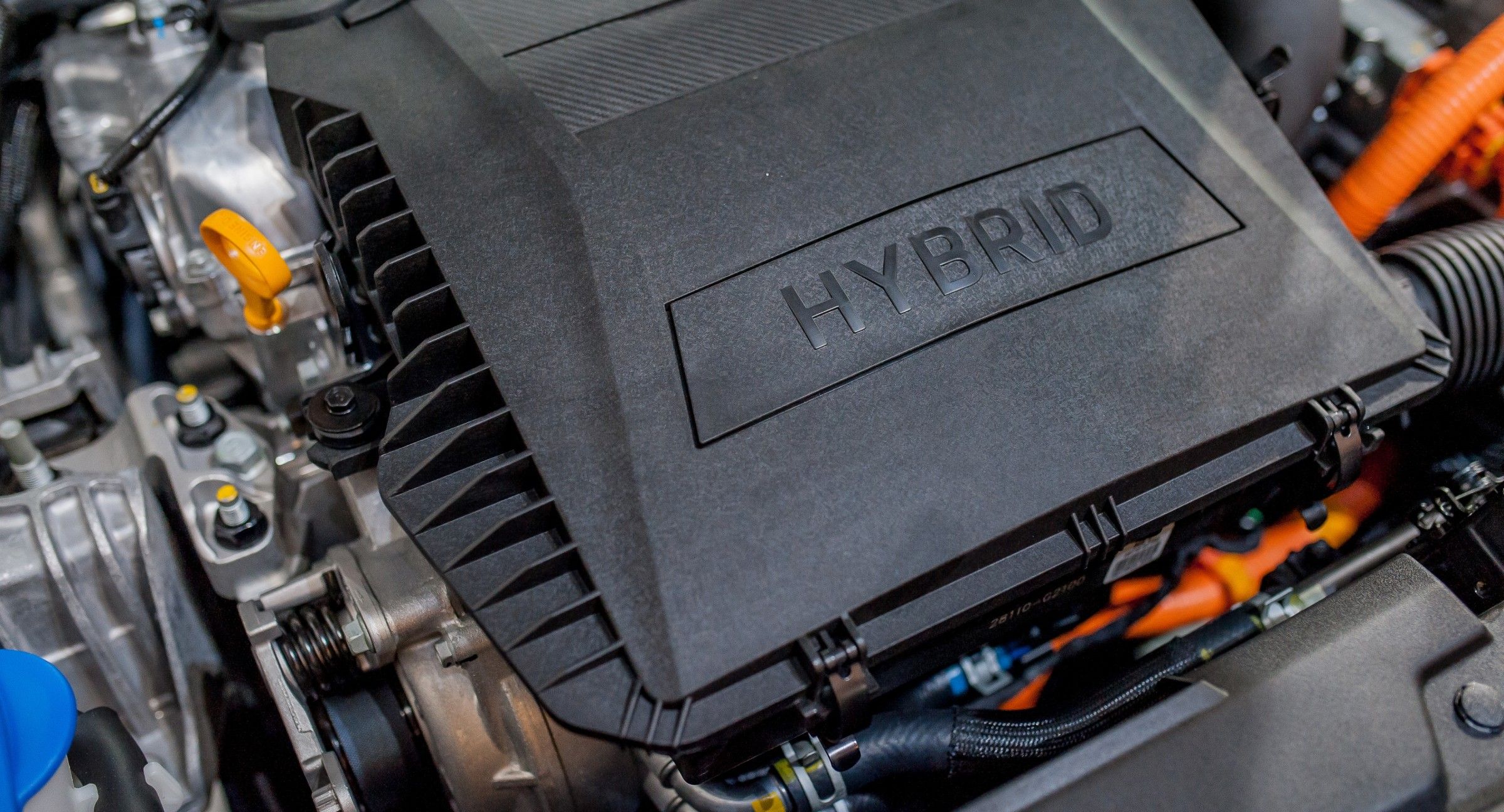While many people have a general sense of what California Lemon Law entails, there are numerous misconceptions about its scope. That is, how it protects consumers, which goods and vehicles qualify under state law, and what types of defects constitute grounds for legal recourse.
We want to clarify these common misconceptions about California Lemon Law to ensure you know when to take the appropriate next steps.
Myth 1: Lemon Law Only Applies to New Vehicles
This is one of the most common misconceptions. California law covers new and used vehicles as long as they are sold or leased under warranty.
You should also know that the law protects consumers whose warranty has expired. But there’s a caveat: The vehicle must have undergone repair attempts to fix the same recurring issue before the warranty expired.
Myth 2: The Law Only Covers Drivability Issues
While persistent mechanical issues like engine stalls, transmission problems, overheating, exhaust malfunctions, hard starts, and other mechanical issues are covered under California Lemon Law, so are non-mechanical problems. These may include electrical matters like:
- Faulty sensors
- Malfunctioning lights
- Issues with the vehicle’s CPU
- Unresolved warning lights
- Fuses that continuously blow
- Dead batteries
- Malfunctioning door locks or windows
Myth 3: Anyone Can Repair Your Vehicle
You may already know and prefer a trusted mechanic. However, California law requires that an authorized repair facility designated by the manufacturer or distributor of the warranty attempt all repairs. Just as necessary, ensure the manufacturer documents each attempt and keep all paperwork and receipts.
Myth 4: Lemon Law Only Applies to Cars
This may come as a surprise, but California Lemon Law also protects consumers who have purchased motorcycles, boats, recreational vehicles, motorhomes, solar panels, and even some appliances.
These goods or vehicles must be purchased or leased for personal use to qualify for protection. Or, if purchased for professional use, the business must have registered no more than five vehicles.
Myth 5: One Repair Attempt is Enough
To qualify as a “lemon,” you must give the manufacturer a “reasonable number” of attempts to address the recurring issue.
Generally, “reasonable” means at least two repair attempts for a single defect. However, each matter is considered on a case-by-case basis. In some cases, your car may qualify as a “lemon” if it has been out of service for 30 days or more.
If you are wondering what a “repair attempt” means, California law defines it as any instance in which you take your vehicle to an authorized dealer for repair—regardless of whether the dealer can identify or replicate the defect while in the shop.
We Turn Roadblocks Into Resolutions: Contact Us Today!
Purchasing a vehicle is a significant investment; we believe that investment should be protected. If you’re feeling physically and financially stuck on the road due to a faulty vehicle, our team is here to help. With our strategic yet client-focused approach, the CA Consumer Law APC legal team has helped countless California consumers fight for their rights by seeking recourse against negligent manufacturers. Request a free consultation today!








